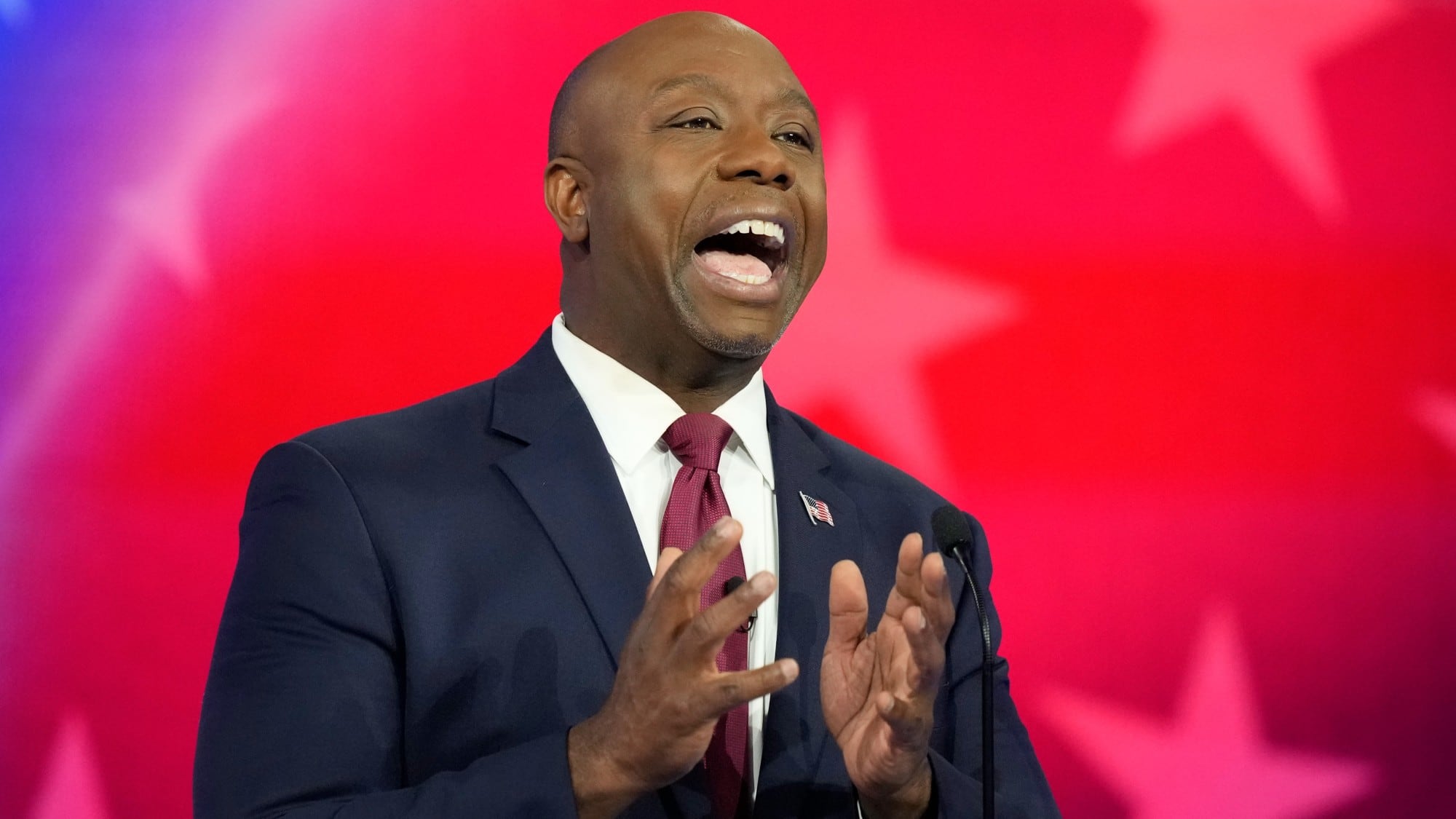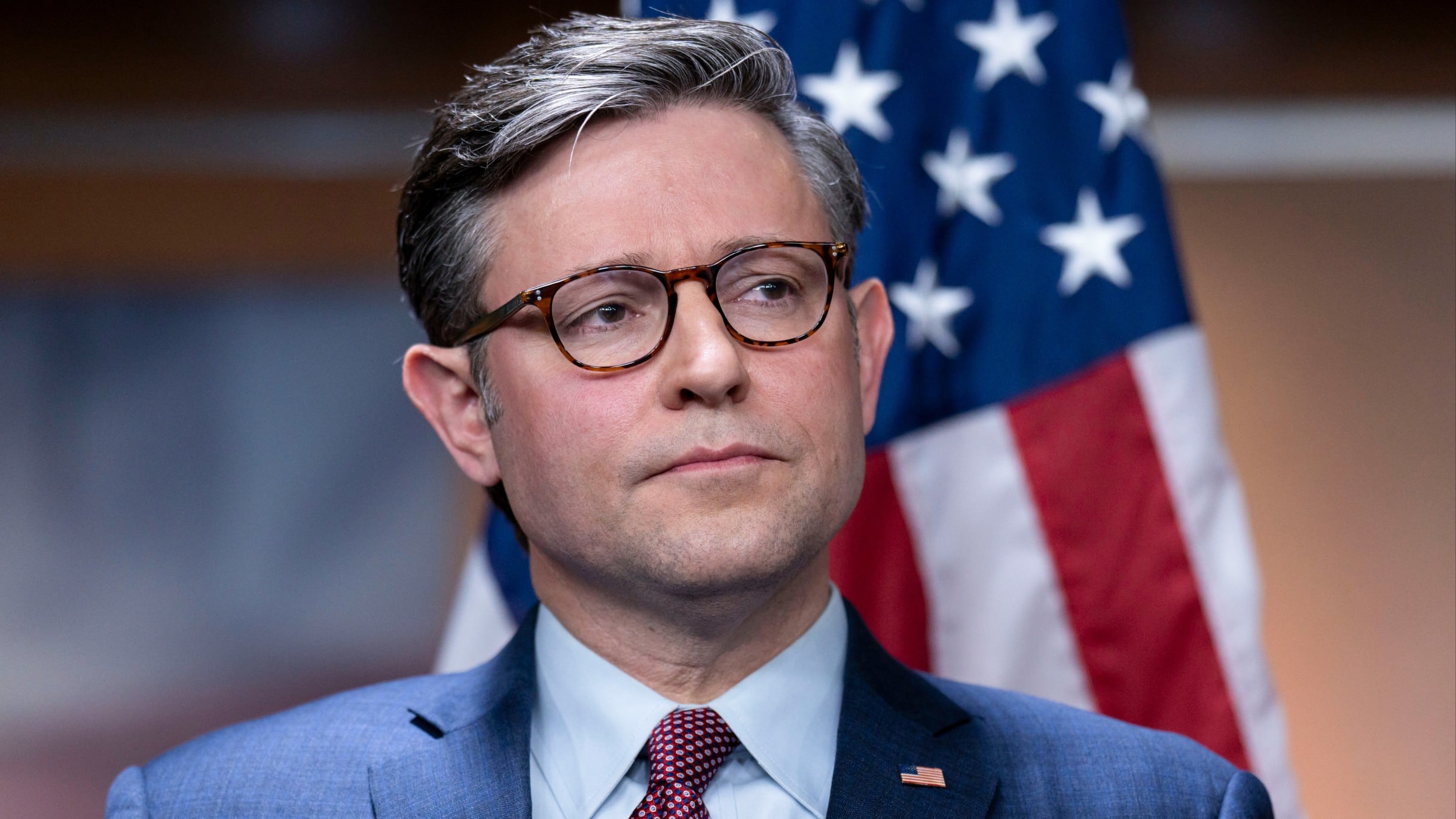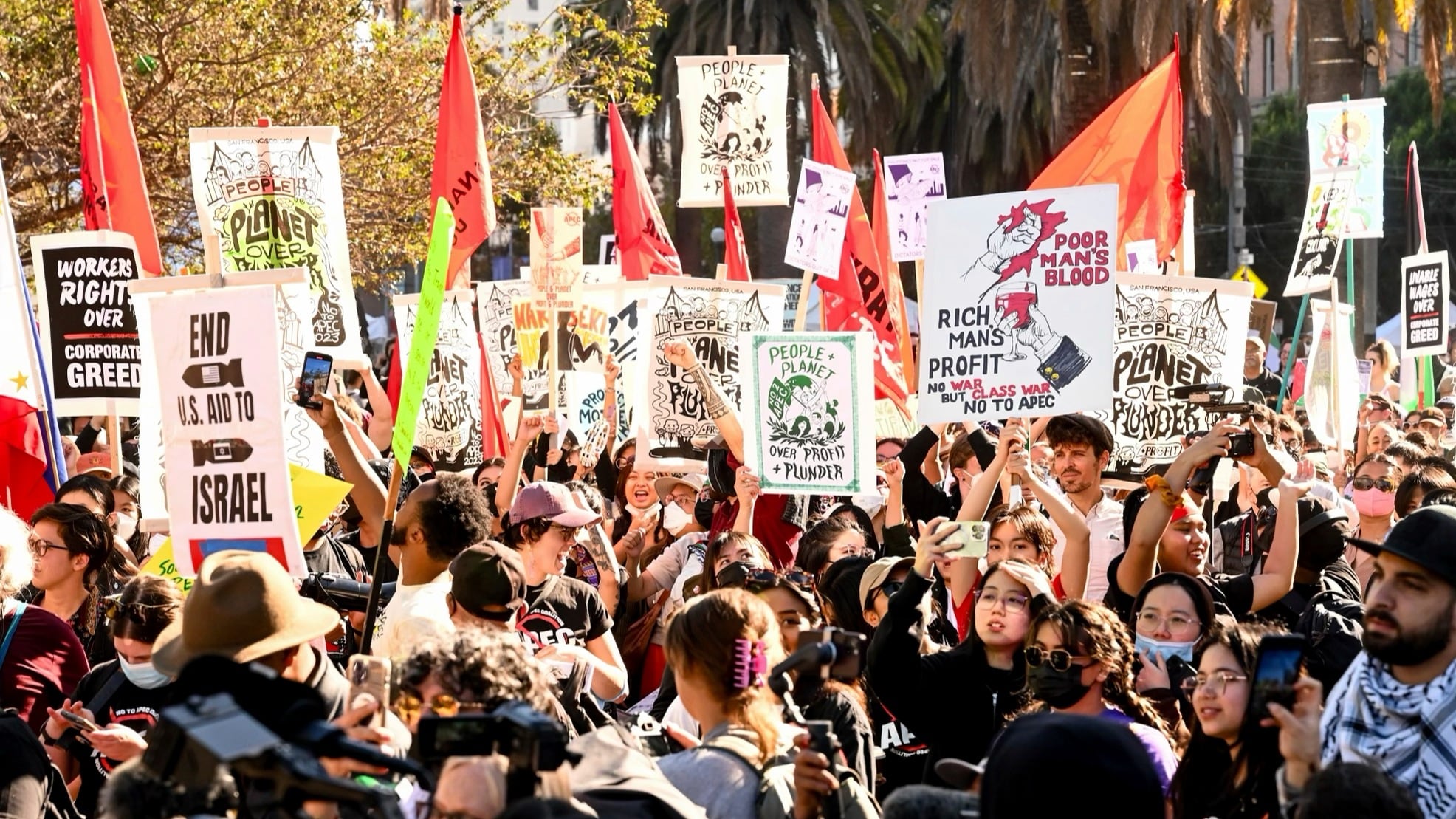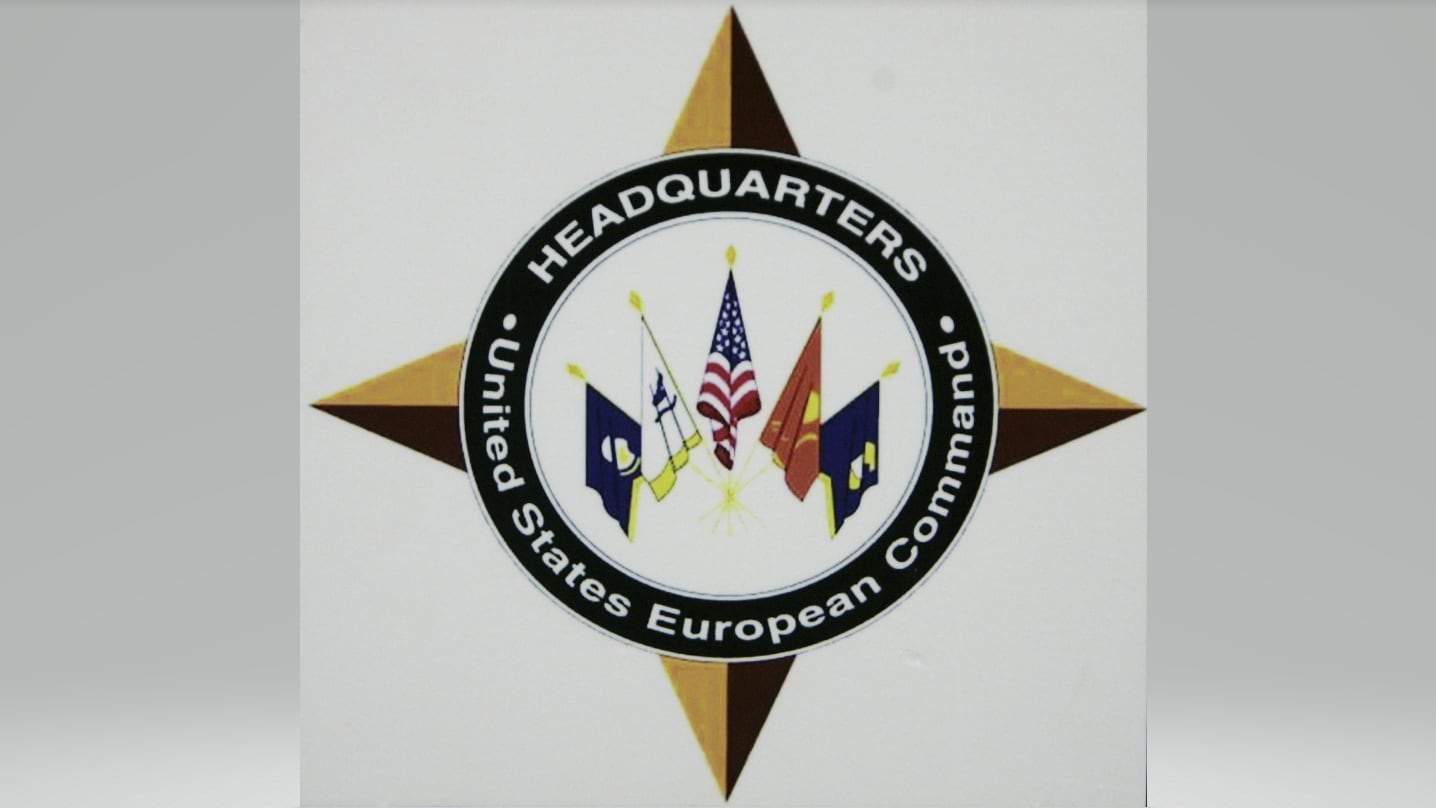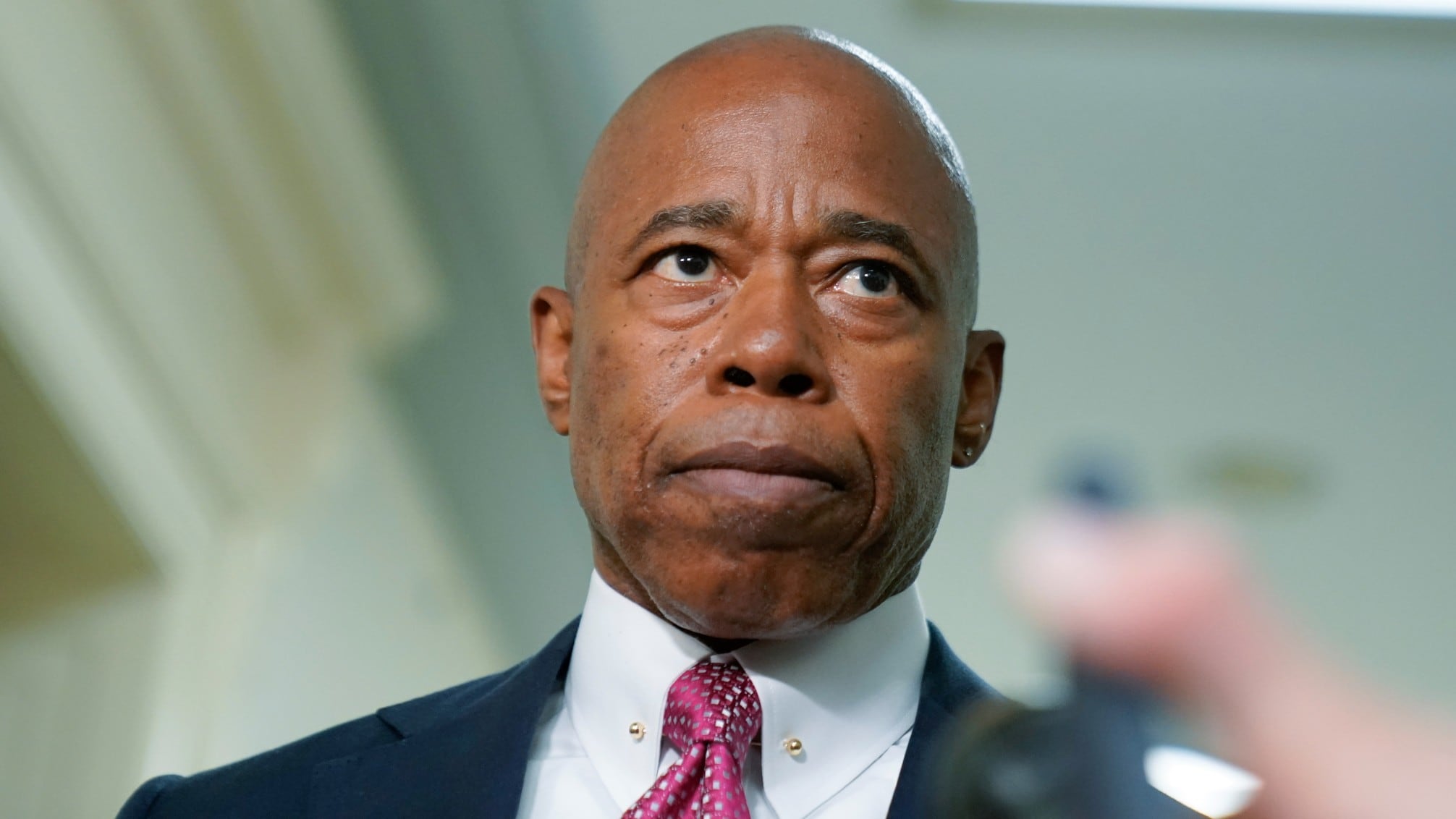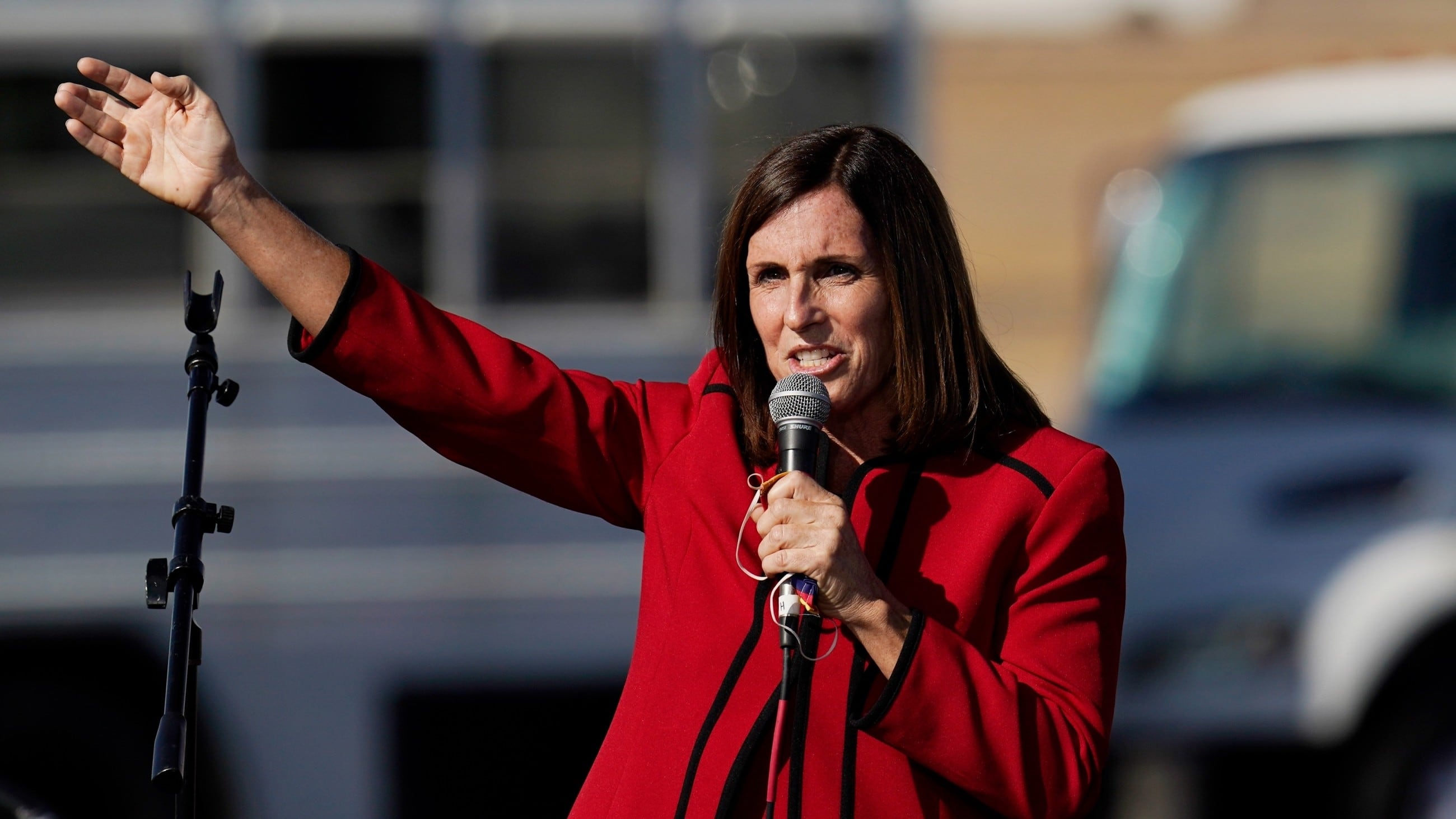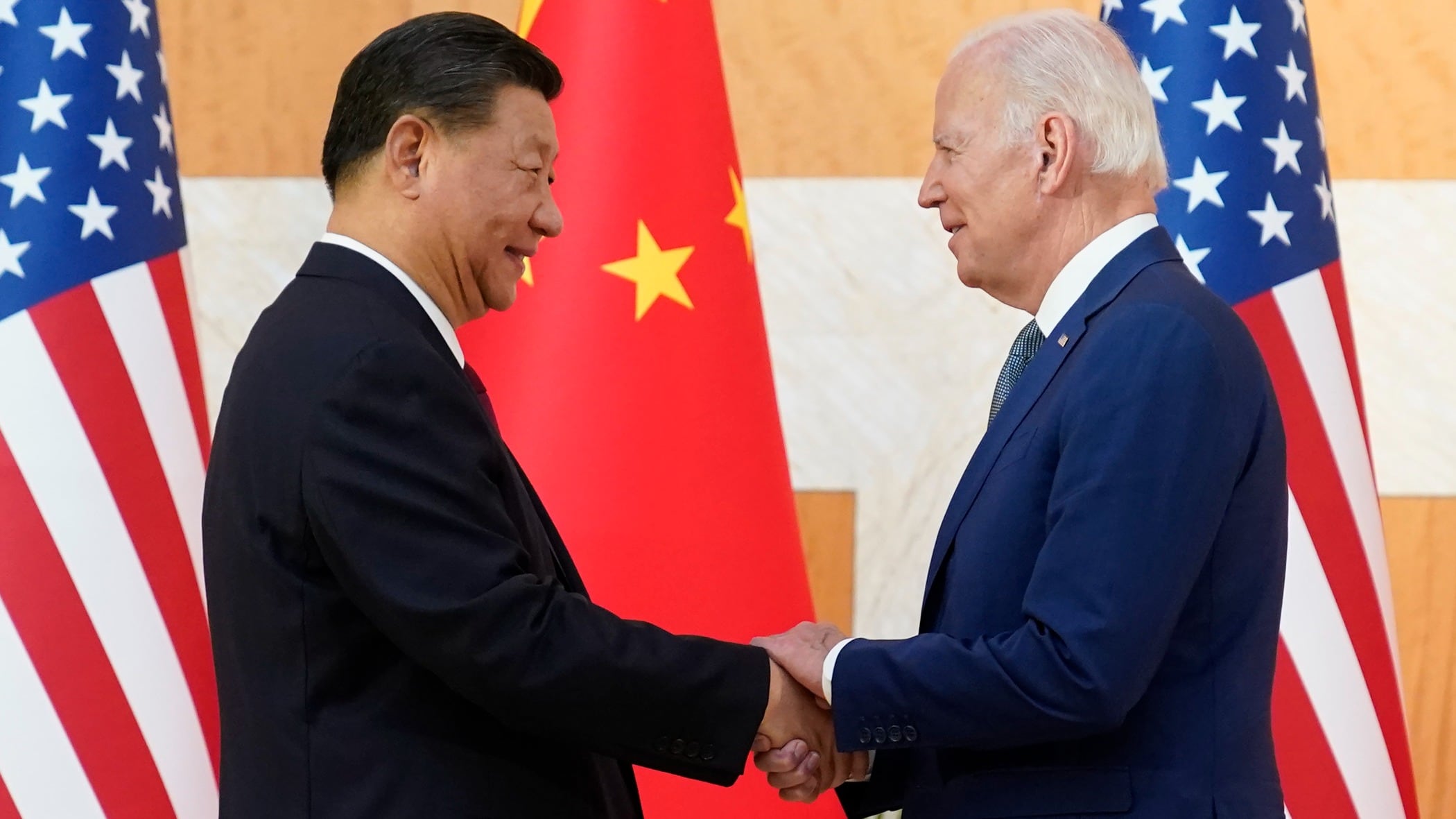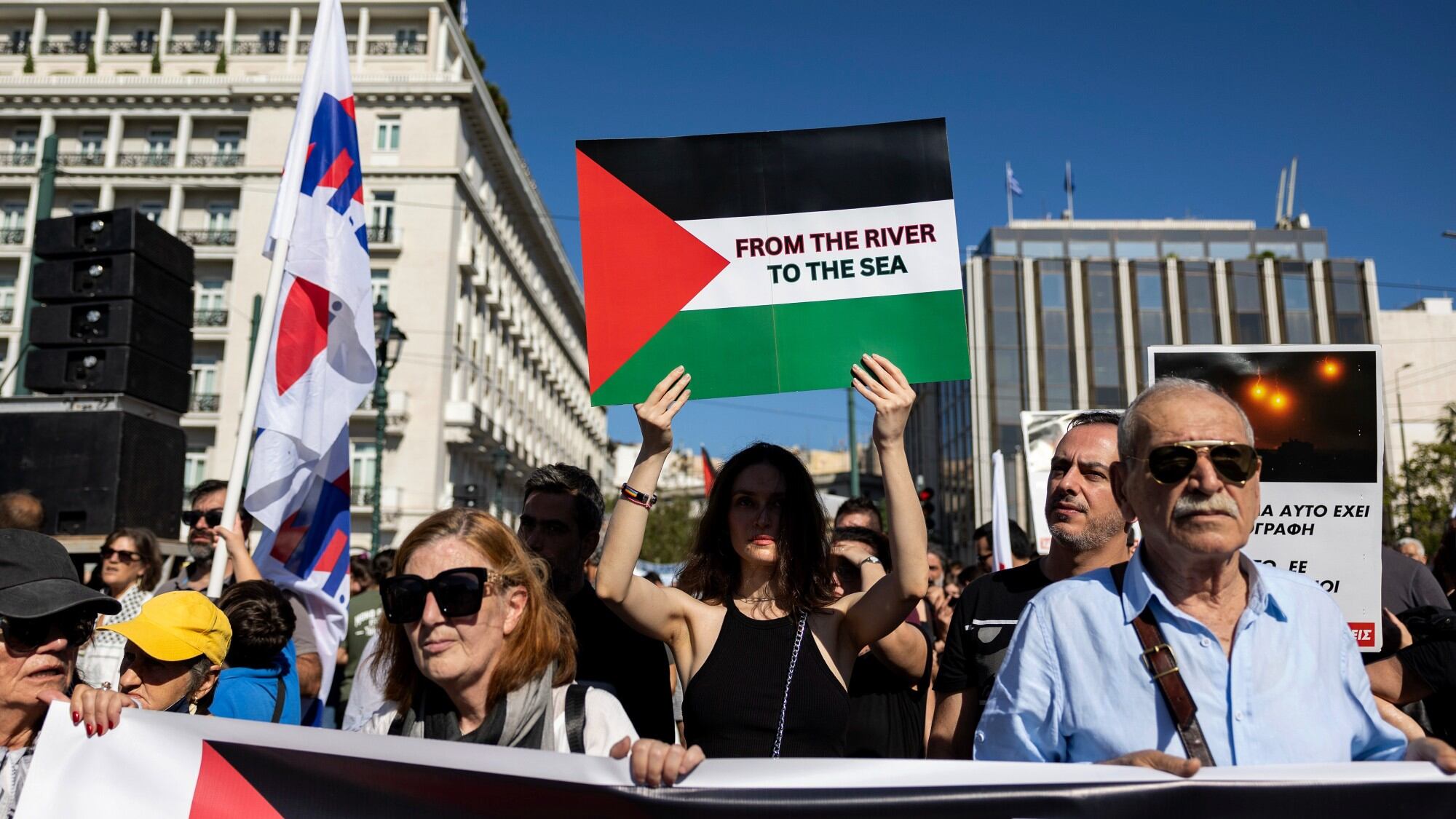Silvio Berlusconi, the boastful billionaire media mogul who was Italy’s longest-serving premier despite scandals over his sex-fueled parties and allegations of corruption, died Monday. He was 86.
Berlusconi was admitted to the San Raffaele Hospital in Milan on Friday, his second recent hospitalization for treatment of chronic leukemia. A state funeral will be held Wednesday in Milan's Duomo cathedral, according to the Milan Archdiocese.
A onetime cruise ship crooner, Berlusconi used his television networks and immense wealth to launch his long political career, inspiring both loyalty and loathing.
To admirers, the three-time premier was a charismatic statesman who sought to elevate Italy on the world stage. To critics, he was a populist who threatened to undermine democracy, wielding political power as a tool to enrich himself and his businesses.
His center-right Forza Italia political party was a junior partner in the government of current Premier Giorgia Meloni, a far-right leader who came to power last year, although he held no position.
His friendship with Russian President Vladimir Putin put him at odds with Meloni, a staunch supporter of Ukraine.Meloni remembered Berlusconi as “above all as a fighter.”
“He was a man who had never been afraid to defend his beliefs. And it was exactly that courage and determination that made him one of the most influential men in the history of Italy,” Meloni said on Italian TV.
Former Premier Matteo Renzi recalled Berlusconi’s divisive legacy on Twitter. “Silvio Berlusconi made history in this country. Many loved him, many hated him. All must recognize that his impact on political life, but also economics, sports and television, has been without precedence.”
Berlusconi often boasted of his libido and entertained friends and world leaders at so-called “bunga bunga” parties his villas. “I love life! I love women!” he said in 2010.
In 2013, guests included an underage Moroccan dancer whom prosecutors alleged had sex with Berlusconi in exchange for cash and jewelry. After a lurid trial, a court initially convicted Berlusconi of paying for sex with a minor and using his office to try to cover it up. Both denied having sex, and he later was acquitted.
The Catholic Church, sometimes sympathetic to his conservative politics, was scandalized by his antics, and his second wife of nearly 20 years divorced him. Berlusconi was unapologetic, declaring: “I’m no saint.”
As he aged, some derided his perpetual tan, hair transplants and decades-younger girlfriends. For many years, however, Berlusconi seemed untouchable despite the scandals.
Investigations targeted his parties or his businesses, which included the soccer team AC Milan, the country’s three biggest private TV networks, magazines and a daily newspaper, and advertising and film companies. Criminal cases either ended in dismissals in Italy’s slow-moving justice system, or he won on appeals.
Only one led to a conviction that stuck — a tax fraud case stemming from a sale of movie rights in his business empire. The conviction was upheld in 2013 by Italy’s top criminal court, but Berlusconi was spared prison due to his age, 76, and ordered to do community service.
Still, he was stripped of his Senate seat and banned from public office for six years.
He stayed at the helm of Forza Italia, although voters deserted the party. He eventually was elected to the European Parliament at age 82 and last year was returned to the Italian Senate by voters.
Born in Milan on Sept. 29, 1936, the banker’s son earned a law degree, sang in nightclubs and on cruise ships, then started a construction company and built apartments for middle-class families.
His astronomical wealth came from media holdings. In the 1970s and 1980s, he circumvented Italy’s state TV monopoly RAI by creating his own network of local stations. RAI and his Mediaset television network accounted for about 90% of the national market in 2006.
When corruption scandals of the 1990s decimated the political establishment, Berlusconi founded Forza Italia in 1994 — its name comes from a soccer cheer, “Let’s go, Italy.” His first government collapsed after eight months when an ally who led an anti-immigrant party yanked support. But aided by an aggressive campaign, Berlusconi swept to victory in 2001 and was in power for five years, setting a record for government longevity in Italy.
As a businessman who knew the power of images, Berlusconi introduced U.S.-style campaigns that broke with the gray world of Italian politics. His rivals had to adapt.
A Group of Eight summit he hosted in Genoa in 2001 was marred by violent demonstrations. He constantly faced accusations of sponsoring laws aimed at protecting himself or his businesses but insisted he always acted in the interest of all Italians.
An admirer of U.S. President Ronald Reagan and British Prime Minister Margaret Thatcher, Berlusconi passed reforms that partially liberalized the labor and pension systems, among Europe’s most inflexible.
Berlusconi saw himself as Italy’s savior from what he described as the Communist menace, years after the Berlin Wall fell. He portrayed himself as the target of a judiciary he said was filled with leftist sympathizers.
His friendship with Socialist leader and former Premier Bettino Craxi was widely credited for helping him become a media baron. Still, Berlusconi billed himself as a self-made man.
His second term, from 2001-06, was perhaps his golden era, when he became Italy’s longest-serving head of government and boosted its global profile through his friendship with U.S. President George W. Bush. Bucking opposition at home and in Europe, Berlusconi backed the U.S.-led war in Iraq and sent 3,000 troops.
He flouted political etiquette and stirred anger with some of his comments, such as claiming after 9/11 that Western civilization was superior to Islam.
But in 2006, as Italy was ridiculed as “the sick man of Europe,” with its economy mired in zero growth and its budget deficit rising, Berlusconi narrowly lost the general election to center-left leader Romano Prodi.
He won his final term as premier in 2008, reluctantly stepping down in 2011 when financial markets lost faith in his ability to keep Italy from succumbing to the eurozone’s sovereign debt crisis.
His party was eclipsed as the dominant force on Italy’s right — first by the League, led by anti-migrant populist Matteo Salvini, then by Meloni’s Brothers of Italy party, with its roots in neo-fascism. Following 2022 elections, Meloni formed a governing coalition with their help.
Berlusconi eventually lost his standing as Italy’s richest man, although his media and luxury real estate holdings still left him a billionaire several times over.
He was dogged by health concerns. In addition to leukemia, he suffered over the years from heart ailments, prostate cancer and was hospitalized for COVID-19 in 2020.
Berlusconi was first married in 1965 to Carla Dall’Oglio, and their two children, Marina and Piersilvio, were groomed to hold top positions in his business empire. He then married Veronica Lario in 1990, and they had three children, Barbara, Eleonora and Luigi.
They also divorced, and at the time of his death he was in a relationship with Marta Fascina, 33, who was elected to parliament last year for his party.
Despite scandal, he insisted voters admired his brashness.
“The majority of Italians in their hearts would like to be like me and see themselves in me and in how I behave,” he said in 2009.
___
D'Emilio reported from Rome. Former Associated Press Rome bureau chief Victor L. Simpson contributed.

